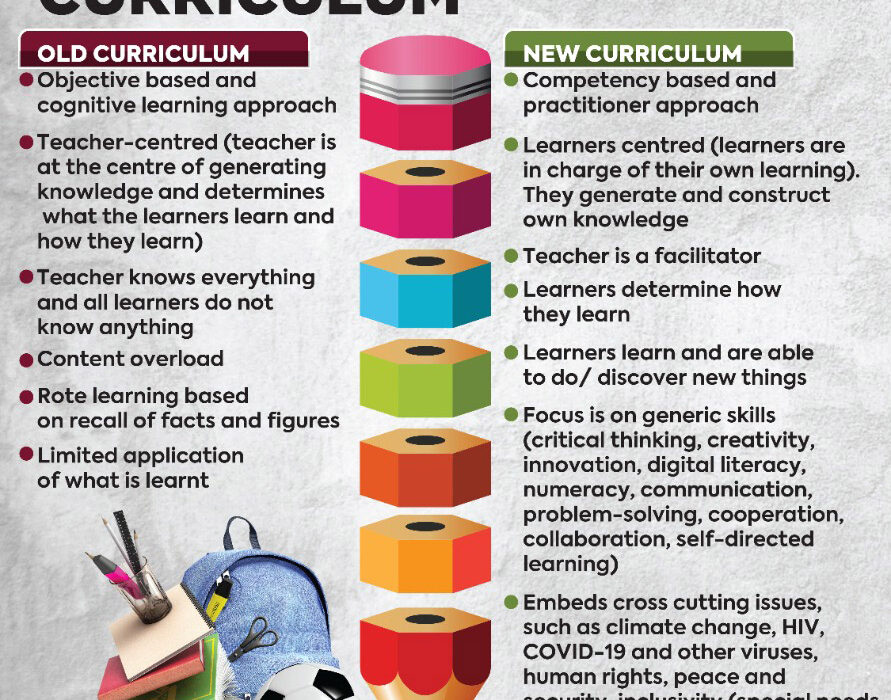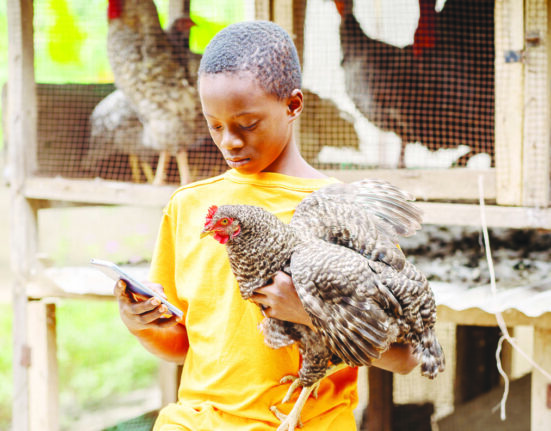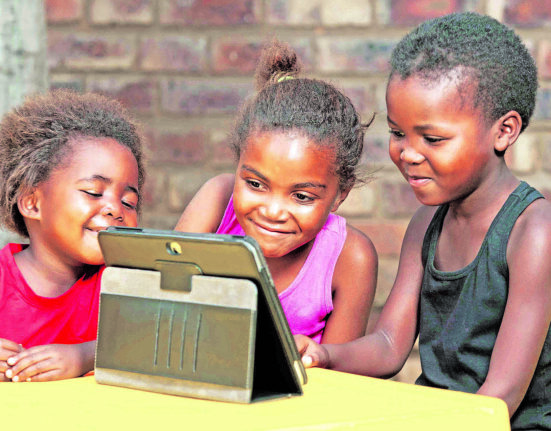This article was first published on the New Vision website on April 11, 2023
Henry Sekanjako
The Government has been asked to allocate sh42.1b to the national curriculum development center (NCDC) for the rollout of the new curriculum.
The Parliamentary Committee on Education and Sports, recently recommended that the Ministry of Finance, planning, and economic development reinstates NCDC’s budget to sh42.1b as it was in the FY 2021/22, to address funding gaps in rolling out the new A’ level curriculum and rolling out Kiswahili in upper primary.
The money is also aimed at rolling out the revised early-grade curriculum and implementing the new lower secondary school curriculum.
“Despite this well-founded recommendation, the ministerial policy statement FY2023/24 has allocated only sh23.299BN to the NCDC. This means many critical priorities will remain unfunded,” Dr. Obed Kambasu, of World Vision and a member of the Civil Society Budget Advocacy Group (CSBAG), said.
The CSOs under their body umbrella CSBAG, were on Tuesday presenting their position paper on the education and sports sub-program in response to the ministerial policy statement FY2023/24.
CSBAG implored the Ministry of Finance to implement the education committee’s recommendation by increasing the National curriculum development center (NCDC) budget to the earlier threshold of sh42.163bn.
Members of the civil society budget advocacy Group also advised the Government to match its commitment to promoting science education, with action, by repurposing funds for constructing and equipping science laboratories in schools.
The Civil society organizations (CSOs) want the ministries of education and finance, to prioritize the construction and equipping of science laboratories in less equipped public universities such as Muni, and Lira.
“Whereas the ministry of education has prioritized the construction of virtual laboratories, it should consider the context of rural schools which do not have access to basic infrastructure,” Dr. Obed Kambasu from World Vision, a member of CSBAG told the Parliament’s education committee.
According to CSBAG, Project funds should be directed to connecting all schools to enabling infrastructure like electricity, computers, and internet.
In 2006, the Government made several science subjects including Biology, Chemistry, physics, and mathematics compulsory for lower secondary students.
There is also a clear policy direction toward promoting a science and competence-based curriculum as evidenced by the new lower secondary school curriculum.
However, according to the CSOs, all these actions largely remain cosmetic if not matched by commensurate infrastructure investment.
The ministerial policy statement for the FY 2023/24 shows that the construction of a health science laboratory block at Muni University has stalled at 41% due to reduced development budget allocations.
CSBAG noted that whereas the ministerial policy statement mentions instruction kits and materials, for school labs, as a priority for FY 2023/24, it remains an unfunded priority.

Education policies
CSBAG further appealed to the Ministry of Education, cabinet, and Parliament to fast-track the completion of education policies that have stalled for a long time.
The CSOs proposed that the Ministry of Education repurposes funds to support the implementation of the revised guidelines for the prevention and management of teenage pregnancy in school settings in Uganda.
The education ministry was also asked to continue exploring ways through which the budgeting allocation for inclusive education could be enhanced.
Quoting the auditor general’s report for 2022, the CSOs observed that the auditor general had highlighted several policies that have been in the pipeline for so long.
“Many of these policies which were drafted as far back as FY2020/21 have not been concluded. These include the national inclusive education policy, the national higher education policy, the early childhood care and education policy,” Kambasu said.
CSBAG proposed that the Government considers enhancement of funding to the education sub-program under the human capital development program as guided by the national development plan III.
However, in responding to the CSOs, proposals, the committee challenged CSBAG to propose ways through which resources can be mobilized to fund the areas of concern in the education sector.
“I would have been happy if you had proposed either additional revenue or mobilization strategies or which adjustments, because where do you expect us to get this money, how I wish you had made proposes on how to mobilize money to fund these adjustments you are proposing,” Abigaba Cuthbert, the vice chairperson of the committee said.
In response, the CSOs tasked the MPs to look at reducing public expenditure, especially in the wage Bill, which resources can be diverted to social service delivery.
Jeff Wadiro, the policy and program officer CSBAG:” If we are paying salaries of about UGX.7tn and about 40% of that is ghosts, whose problem is that? We need to take an interest, when we are looking for resources we may not be just looking for additional resources, but how to save resources and allocate them to the right sectors”.









Leave feedback about this